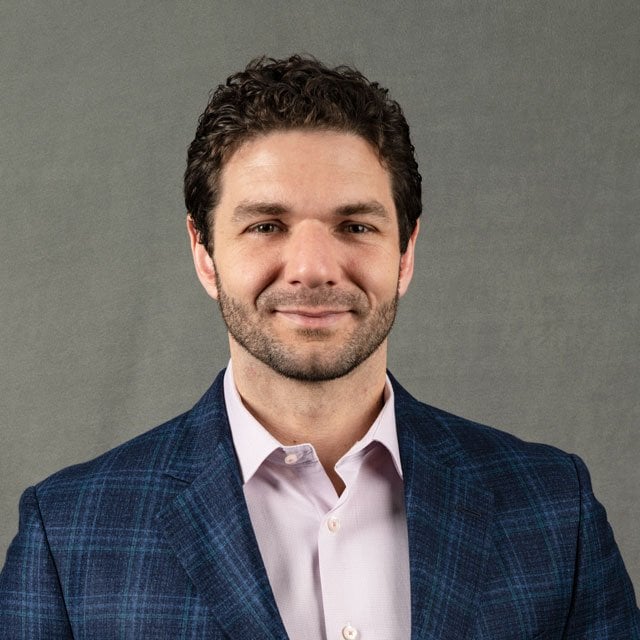Jamie Hopkins: What Does 'Going Independent' Even Mean Now?

While change is a constant in the financial advisor industry, there is a growing consensus among experienced industry professionals that early 2024 represents a significant inflection point for wealth management firms.
Longstanding norms with respect to business models, compensation structures and advisor affiliation are changing fast, and at the same time, rapid advances in planning platforms and communication technologies have opened up whole new fields of client service opportunity. Add fee compression concerns and big demographic shifts to the picture and the result is an exciting but challenging moment for advisor firm leaders seeking out the best path forward.
Taking to LinkedIn late last week, financial planning expert and Bryn Mawr Trust director Jamie Hopkins summarized the moment with a deceptively simple query, inviting his fellow wealth management professionals to weigh in: “I no longer (or maybe never did) understand what going independent means in the advisory world. All thoughts welcomed.”
The prompt solicited dozens of comments (and more than a bit of debate) about the evolving nature of practice management and the concept of “independence” in the world of wealth management, and in follow-up comments shared directly with ThinkAdvisor, Hopkins said he expected about as much.
“It appears that the phrase ‘go independent’ or ‘independent advisor’ has lost most of its meaning in today’s market,” Hopkins argued. “Now, there are still some regulatory distinctions here, but almost every conversation, website, advisor and company appears to take a different approach on what is ‘independent’ today in financial services.”
What appears to be behind this, in Hopkins’ view, is the broader fact that many of the places advisors traditionally wanted to break away from and become independent have themselves significantly adjusted their models and modernized. In fact, according to Hopkins, some banks, broker-dealers and insurance companies are now able to offer financial planning services, open platforms and less conflicted advice than some independent RIA models.
Naturally, not all the commenters agreed with Hopkins’ position, but there is clearly a growing consensus view that times have changed for financial planning professionals over even just the past several years, such that no firm can afford to assume that old ways of doing business will suffice in the years ahead.
A Bygone Era for the Industry
As Hopkins emphasized, many banks and brokerages have learned from the success of the registered investment advisor model, and they have themselves launched and adopted RIA capabilities as a result. This means their “captive” professionals can still effectively lead with an advice-driven approach to serving clients, including with well-developed wealth management offerings that integrate seamlessly with other capabilities across insurance and investments.
“To a large extent,” he argued, “the independent language is mostly just that now — language designed for marketing that is more relevant to a bygone era of the industry.”
According to Hopkins, the financial services industry writ large has moved forward tremendously in the past five years, but he also thinks this has brought offerings closer together — not further apart — generally speaking, for the good of consumers.
“After talking to many advisors, independence in today’s world is more about firm ownership and freedom than breaking from a particular business model or offering, as the distinctions there have decreased,” he concluded. “Integrated offerings, wrapping in holistic planning, investments, estate, trusts, banking and other services are the way of the future — regardless of what you want to call the model.”



